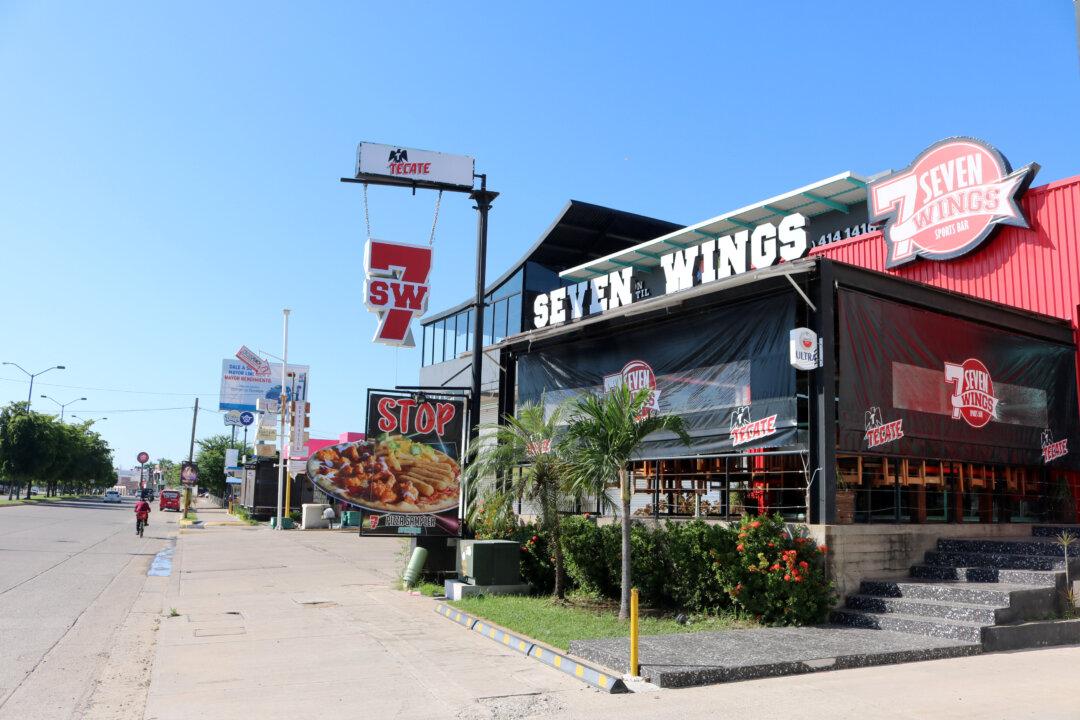CULIACAN, Mexico—The trendy bars and restaurants along the main strip of a Mexican city that was overwhelmed late last week by an army of cartel gunmen slowly began their recovery over the weekend, even as many traumatized residents have shied away.
Culiacan’s central Tres Rios neighborhood, with its gated communities, upscale shopping centers, and exclusive golf course, was the site of some of the most intense firefights on Oct. 17, concentrated on the street where soldiers attempted to arrest Ovidio Guzman, a son of jailed drug lord Joaquin “El Chapo” Guzman.





